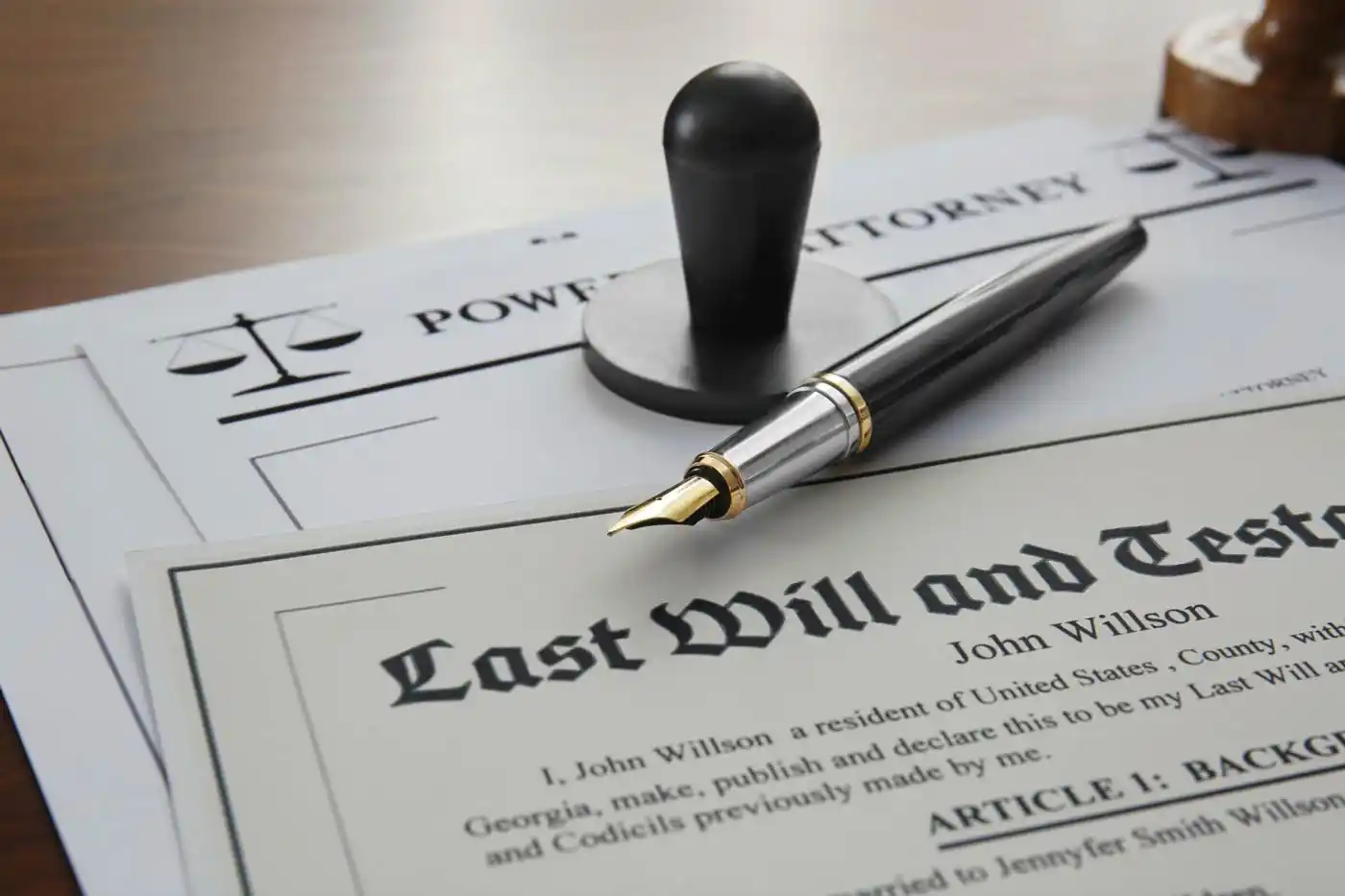Probate Law Attorneys
When it comes to probate law, there are a lot of complicated issues that can be confusing and even frustrating. It can also cause problems if something is missed. At the Cobb Law Group, we will work with you to help you navigate your probate case with ease. We understand that going through the probate process can make it difficult to heal and move on after a loved one has died. You are not alone if you are dealing with probate. Contact our lawyers right away at 615-649-0049 for more information on our probate law services or to schedule your appointment.
Understanding the Probate Process
As reputable probate lawyers, we can guide you and any beneficiaries mentioned in the deceased’s will through the probate process. Our attorneys ensure that the executor administers the will without bias in accordance with state laws through a guided probate proceeding (and probate legal terms). We are here to make certain that all estate beneficiaries get their fair share. When it comes to transferring assets to beneficiaries, the executor can always seek legal counsel from a probate lawyer.
Our Step-by-Step Guide to Probate
- Asset Identification Based on The Deceased’s Estate Plan
- Property Appraisal for The Deceased
- Insurance Policy Proceeds Collection and Management
- Bill Payment For the Deceased (This May Also Include Estate Tax Returns)
- Arrangement For the Payment Of The Deceased’s Outstanding Debts (Only Legitimate Debts)
- Document Preparation and Filing In The Probate Court
- Estate And Inheritance Taxes Are Managed and Settled.
- Check book Management for The Estate
- Asset Distribution to Appropriate Beneficiaries
- Estate Debt Collection
If you need legal assistance, Cobb Law Group is here to help. Contact us today at (615) 649-0049 or complete our consultation form to schedule a free consultation. We proudly serve clients in Hendersonville, Nashville, and Memphis, TN.

Schedule a Consultation
Contact Cobb Law Group below to schedule your FREE consultation. Let us be a part of your solution.
Contact Cobb Law Group below to schedule your FREE consultation. Let us be a part of your solution.
"*" indicates required fields

